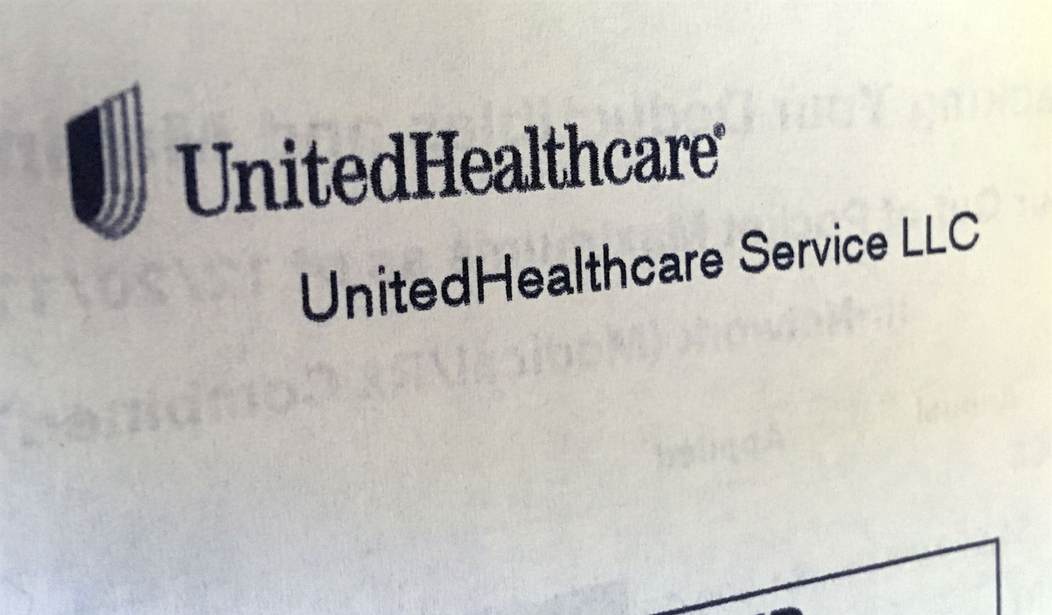The first step towards slowing the rising cost of health care is blocking all the scammers abusing the system. Unfortunately, Congress is reluctant because scammers masquerade as respectable job creators, who make campaign donations to protect their gravy train.
Our health care system has high premiums due to high medical prices. This results in anemic employee raises because too many stakeholders are looting the health care store. The cost of these scams are mostly borne by workers enrolled in employee health plans. What are some of the frequent scams?
Surprise medical bills are perpetuated by a few bad apples from a handful of physician specialties. What they all have in common is their patients do not choose them. Nor can patients refuse their services when they are out of network and charge much higher fees. Surprise medical bills are a form of market failure when consumers cannot punish price gougers or denying them their patronage.
Patients choose their primary care physicians and network affiliation is often one of the criteria patients consider. Patients do not select their anesthesiologists, pathologists or radiologists. These ancillary physicians work behind the scenes inside hospitals and clinics but get paid by patients and their health plans. Neither can patients shop around for an ER doctor who is in their network or an air ambulance that is. This explains why these specialties are prone to surprise medical bills. Surprise medical bills are a deliberate business strategy to boost reimbursements.
Another form of financial abuse is the outrageous list prices many medical providers charge. So-called chargemaster prices are a negotiating tool, allowing for steeper discount offered to insurers and health plans. Any patient unlucky enough to be out of network, uninsured or even a member of a sharing ministry is liable to bear the highest price. Chargemaster prices are double or triple what health plans generally pay.
Recommended
Back in May an appeals court in Colorado overturned a jury decision that found a patient did not owe a $228,345 surprise medical bill, that was based on chargemaster prices. The patient had initially been told her cost-sharing would only be $1,337. She thought she had due diligence, after obtaining a cost-sharing estimate. The surgery was supposedly more complex than anticipated, which lead to an unexpected medical bill based on chargemaster prices.
A meeting of the minds is the standard requirement for an enforceable contract. Yet, the appellate judges thought the patient should have been more diligent about what she was signing. They thought a price-gouging hospital should not have to litigate its shenanigans. Health care providers have an incentive to make admission agreements one-sided contracts. Was this patient really supposed to hire a lawyer to review an admissions contract the hospital’s attorneys had years to perfect?
Another form of market failure is diagnostic testing and lab work. Patients have little control over where lab work is processed or billed. Their specimens are sometimes diverted to higher prices labs when cheaper labs are available locally. Sometimes a lab test performed locally is merely billed through a facility hundreds of miles away with a higher contractual rate. In 2016 a shady management company descended on Unionville, Missouri and offered to take over the struggling Putnam County Memorial Hospital. The 15-bed critical access hospital is in a county with a population of less than 5,000. Its annual revenue in fiscal year 2016 was only $7.5 million. After taking over the hospital the new CEO signed a deal with a lab management company he also controlled. The CEO hired 33 phlebotomists to draw blood, only two of which even worked in Missouri. The deal he made was for the hospital to bill for lab tests performed elsewhere and pay his lab management company 80 percent of the revenue. During a 4-month period between November of 2016 and February of 2017 Putnam Memorial billed $92 million in lab work, almost none of which was for patients treated by doctors affiliated with the hospital. Indeed, during an audit the Missouri State Auditor's Office was contacted by two insurers alleging millions in suspected fraudulent activities that were billed to them through the hospital.
Consider this: Your Dallas-based physician orders lab work that is processed locally, but the tests are billed through a much more expensive hospital lab 700 miles away in Central Missouri. Your cost-sharing could be much higher than necessary because of this switcharoo. In the case of Putnam County Memorial Hospital, the perpetrators were caught because the scheme was egregious. Similarly abusive but slightly less egregious arrangements take place all across the country.
These are but a few examples of health care scams that too often are allowed to continue. They are not difficult to identify but federal and state officials sometimes view medical spending as a jobs program or an economic development activity. Ultimately it is all of us who bear the cost to line the pockets of these scammers.

























Join the conversation as a VIP Member